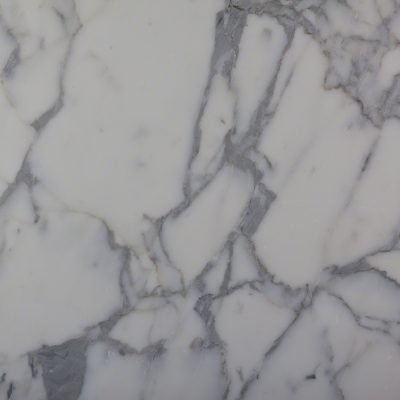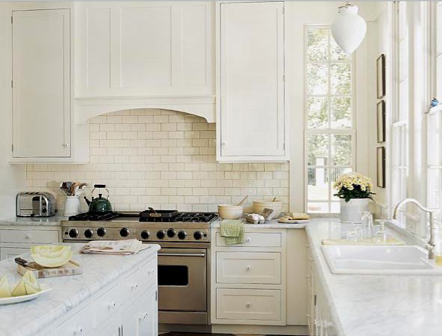
Your Guide to Sealing Your Natural Stone
There are many benefits to using natural stone for your counters, backsplashes, and floors. Using natural stone such as marble or granite offers you a wide variety of design options that will match any style. Natural stone also guarantees a high-quality product that is durable, versatile, and reliable. Great for use in and outdoors.
In order to ensure that your counters and floors withstand the test of time and remain in excellent condition, you must seal them properly. This article is your guide to sealing your natural stone so your backsplashes, floors, and counters stay in tip-top shape.
Why Seal Natural Stone?
Marble, granite, and other natural stones offer an unmatched look when used in the home, but proper care for them is essential. Natural stones have different levels of porosity. This means some may etch or stain easier than others, even if it is the same type of stone. Because of this porosity, it is usually recommended that you seal your stone on initial application to keep your counters, floors, and backsplashes looking flawless.
Various factors should be considered before choosing the right sealer for your stone. How dense and durable is your stone? Will your chosen sealant affect your stones aesthetic? How porous is it? Be sure to review your stone type, finish, location in the home, and maintenance before choosing a sealer.
Coatings and Impregnators
Topical Sealers: Topical sealers are coatings that will protect the surface area of the stone. This coating will guard your counters and floors against oil, water, and other dirt and debris. They are created with acrylic, plastic, and natural wax. These generally come in both permanent and strippable options. As their names suggest, a strippable coating is formulated to be removed at a later date, while a permanent coating will be more difficult to remove down the road.
• Pros: Cost-effective, easy to apply, varying options for luster and shine, slip resistance, can be used below grade.
• Cons: Low quality coatings can discolor stone, reapplication often involves harsh stripping, surface coating may scuff or scratch (which protects the stone underneath, but does take damage that will require a harsh reapplication process).
Impregnators: The other option for sealing is called an impregnator. This is a solvent, or water based sealer that penetrates the surface of the stone. This sealant acts as a repellent, but still allows the stone to breathe. Two impregnators commonly used are oliophobic, designed to repel such things as oil and grease, and hydrophobic impregnators, used to repel water-based spills such as soda or coffee.
• Pros: The majority of impregnators will not change the stones appearance, lasts years before reapplication is necessary, not affected by UV lighting.
• Cons: Impregnators generally cannot be used below grade, may be flammable, not generally eco-friendly, difficult application in comparison to topical sealers, not as cost-effective as topical sealers.
Other Natural Stone Maintenance Tips
Keeping your stone looking beautiful means proper maintenance. Do not expose your counters to harsh or acidic chemicals. These will eat away at the stone and cause it to etch. It is also recommended that you wipe up any spills immediately to prevent staining or damage, regardless of whether or not you sealed your natural stone.
We hope you enjoyed this guide to sealing your natural stone. Want to keep your marble in amazing shape and looking as elegant and strong as the day it was installed? Seal your natural stone and keep up with regular maintenance by using safe cleaners and wiping spills regularly.
You may also be interested in

Creating a Classic Kitchen
Nothing can beat the enigmatic appeal of a classically designed kitchen. Being one of the most important parts of the house, the kitchen deserves special attention and a creative touch to make it stand out! Whatever your style quotient is, you can always use simple design structures and components to make the beauty of your kitchen come out in full galore.

Designing Kitchen Islands With Natural Stone
A kitchen island brings functionality and visual beauty to your kitchen with ease. Here are the best ideas for designing kitchen islands with natural stone. A kitchen island is the center of your space. It functions as a storage unit, extra counter space, a conversation area, a workspace and more. If you’re…